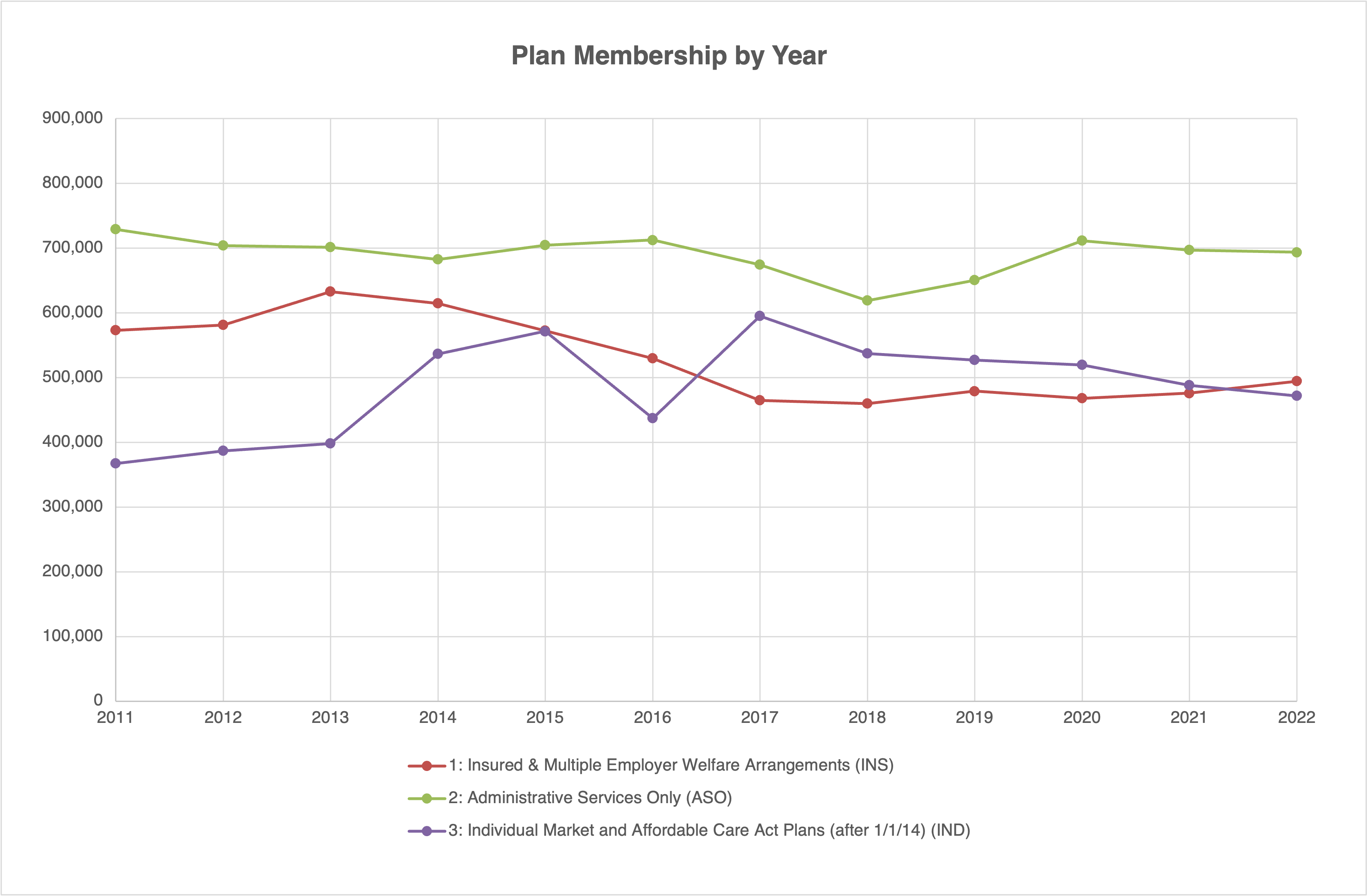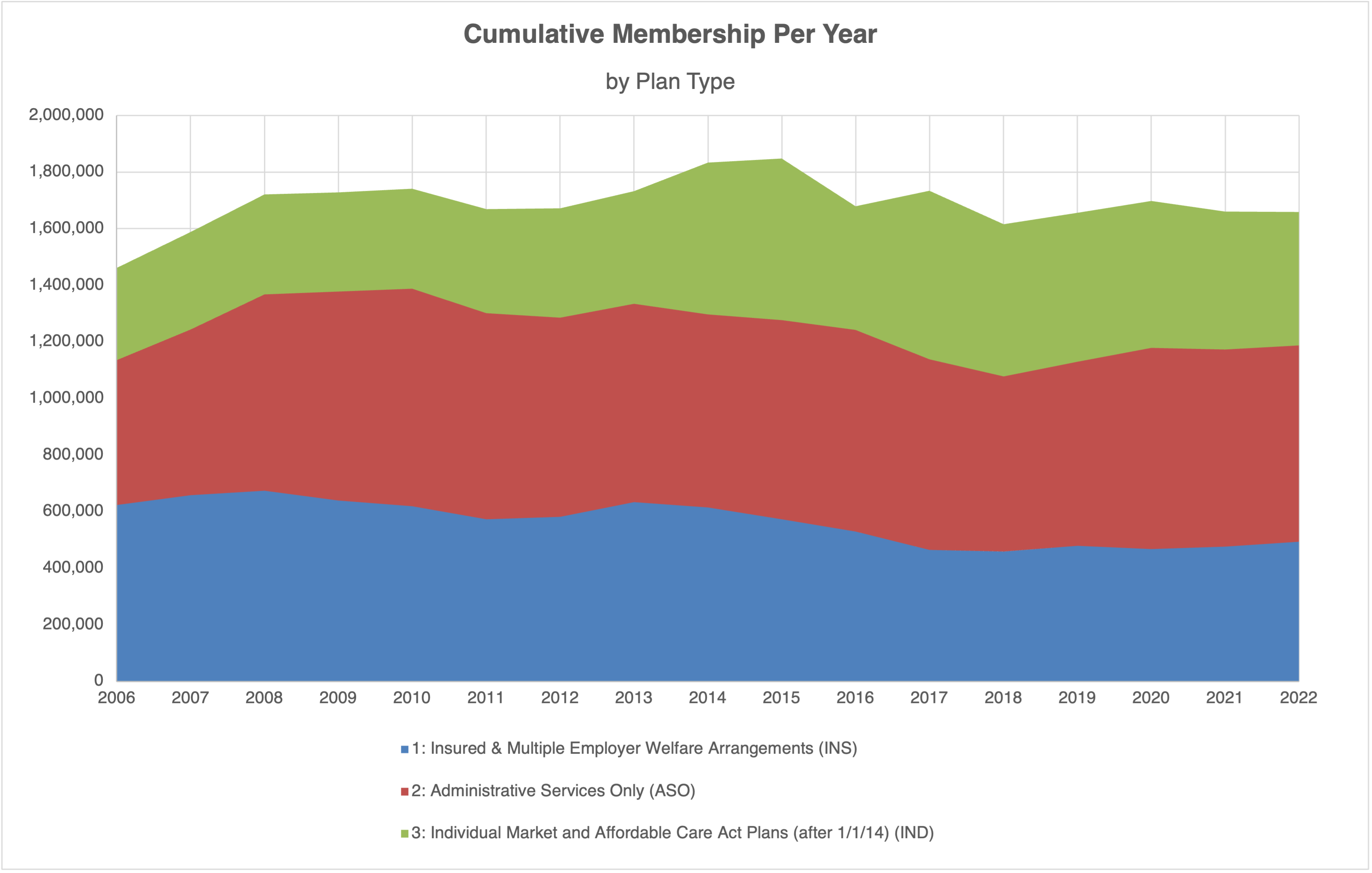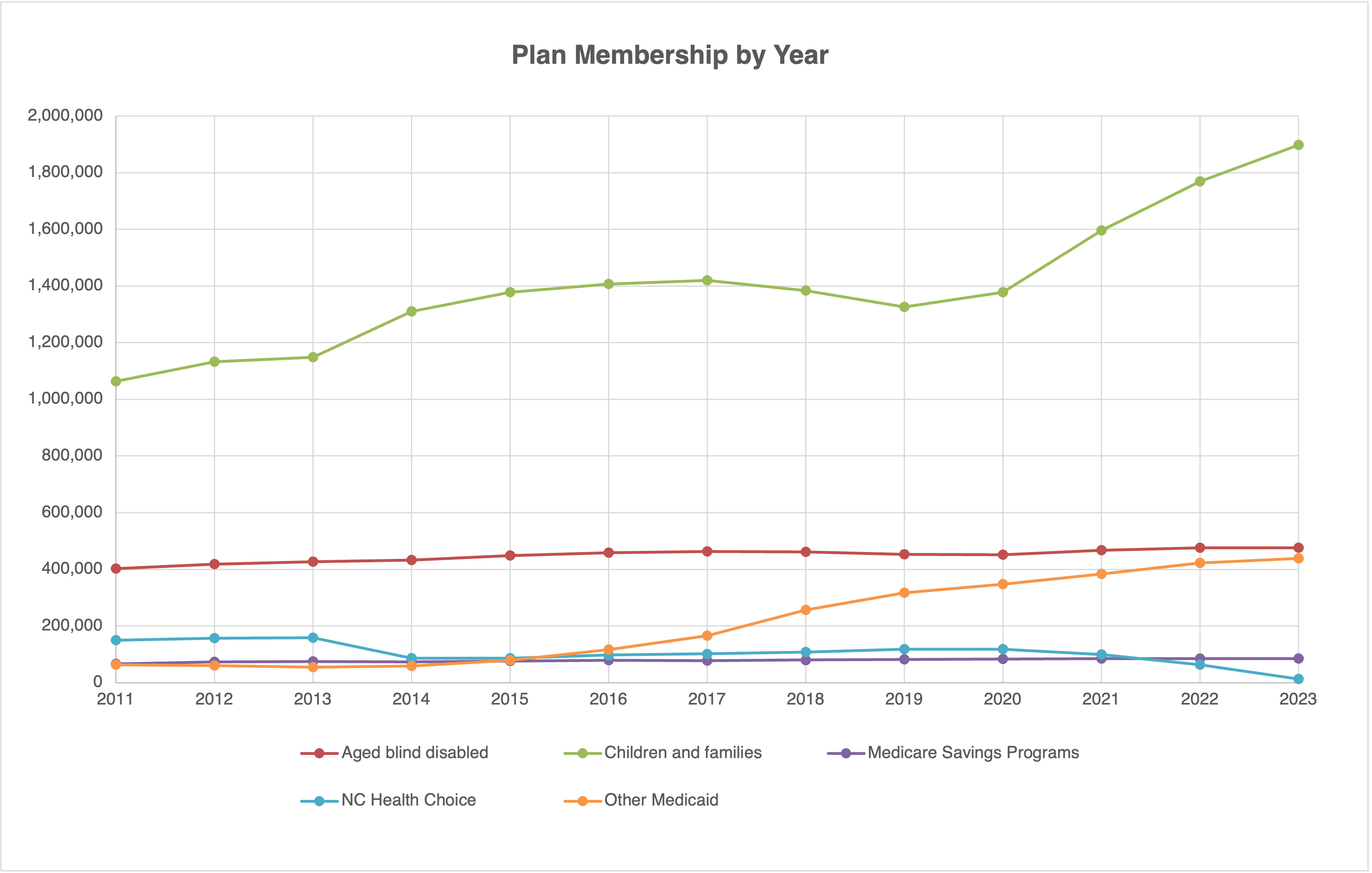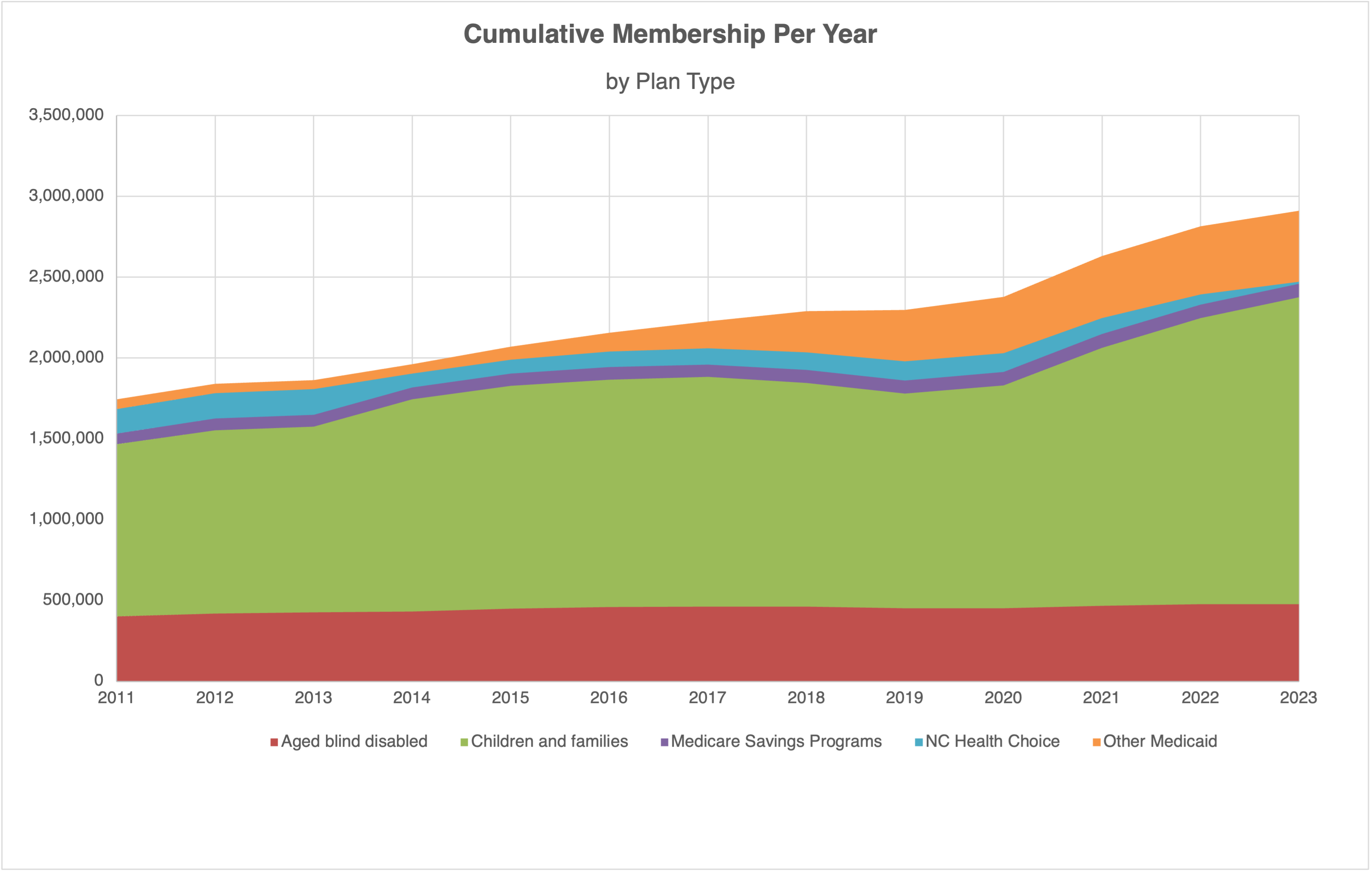The Carolina Cost and Quality Initiative
The Carolina Cost and Quality Initiative is a collaborative partnership between UNC’s Gillings School of Global Public Health and the Cecil G. Sheps Center for Health Services Research. Its mission is to promote population-based research on the incidence and prevalence of disease in insured populations, patterns of utilization and treatment, and cost of care in North Carolina in order to improve the delivery and quality of care for its residents.
The Initiative currently maintains claims data from North Carolina Medicaid and Blue Cross Blue Shield of North Carolina.
North Carolina Medicaid and Blue Cross Blue Shield of North Carolina (BCBSNC) claims data are available as limited datasets. Patient identifiers are encrypted and no identification of individual patients is possible.
NC Medicaid Claims Data
The NC Medicaid database contains claims data from the North Carolina Department of Health and Human Services Division of Health Benefits. These data are updated monthly
The database includes the following:
- Claims information (including doctor visits, inpatient and outpatient care, prescription medications, dental treatments, charge amounts, dates of service, and diagnoses and procedures).
- Provider information (including specialty and location).
- Member information (including date of birth, gender, county/ZIP code of residence, race and ethnicity).
Dates available: Jan. 2013 – 3 months prior to the current month (e.g., if today is April, data thru January is available)
Blue Cross Blue Shield of North Carolina (BCBSNC) Claims Data
The BCBSNC database contains claims data on health care services reimbursed by BCBSNC. The database includes claim records from insured groups, administrative services only (ASO) groups, and individual market and Affordable Care Act Exchange Plans.
The database includes the following:
- Claims information (including doctor visits, inpatient and outpatient care, prescription
medications, dental treatments, charge amounts, dates of service, and diagnoses and procedures). - Provider information (including specialty and location).
- Member information (including date of birth, gender, county/ZIP code of residence).
Data are updated approximately every January and July and are on a 3 month lag, i.e. data ingested in July would contain claims through March. Data ingested in January would contain data through September.
Dates available: January 2006 – March 2023.
North Carolina State Health Plan (SHP) Claims Data
The SHP database contains claims data on health care services reimbursed by NC SHP.
The database includes the following:
- Claims information (including doctor visits, inpatient and outpatient care, prescription medications, dental treatments, charge amounts, dates of service, and diagnoses and procedures).
- Provider information (including specialty and location).
- Member information (including date of birth, gender, county/ZIP code of residence).
Data are updated approximately every April and October and are on a 3 month lag, i.e. data ingested in April would contain claims through January. Data ingested in October would contain data through July.
Dates available: January 2017 – September 2022
BCBSNC Files
NC Medicaid Files
SHP Files
Excel versions of data dictionaries and additional look-up tables are available upon request.
Blue Cross Blue Shield of North Carolina (BCBSNC) Data
| Year | 1: Insured & Multiple Employer Welfare Arrangements (INS) | 2: Administrative Services Only (ASO) | 3: Individual Market and Affordable Care Act Plans (after 1/1/14) (IND) | Total |
|---|---|---|---|---|
| 2006 | 623,486 | 512,170 | 325,732 | 1,461,388 |
| 2007 | 657,484 | 585,934 | 344,201 | 1,587,619 |
| 2008 | 673,342 | 693,674 | 354,169 | 1,721,185 |
| 2009 | 639,661 | 737,749 | 350,110 | 1,727,520 |
| 2010 | 618,601 | 768,984 | 353,124 | 1,740,709 |
| 2011 | 573,002 | 728,962 | 367,039 | 1,669,003 |
| 2012 | 581,048 | 703,800 | 386,823 | 1,671,671 |
| 2013 | 632,816 | 701,256 | 397,809 | 1,731,881 |
| 2014 | 614,624 | 682,465 | 536,193 | 1,833,282 |
| 2015 | 572,176 | 704,291 | 571,320 | 1,847,787 |
| 2016 | 529,627 | 712,257 | 437,181 | 1,679,065 |
| 2017 | 464,531 | 674,455 | 595,221 | 1,734,207 |
| 2018 | 459,537 | 618,922 | 537,051 | 1,615,510 |
| 2019 | 478,859 | 650,121 | 526,747 | 1,655,726 |
| 2020 | 467,756 | 711,095 | 519,372 | 1,698,224 |
| 2021 | 475,693 | 696,828 | 487,864 | 1,660,385 |
| 2022 | 494,237 | 693,427 | 471,721 | 1,659,385 |
North Carolina Medicaid Data
| Year | Aged, blind, disabled | Children & Families | Medicare Savings Program | NC Health Choice | Other Medicaid | Total |
|---|---|---|---|---|---|---|
| 2011 | 402,816 | 1,063,798 | 66,420 | 149,930 | 62,725 | 1,745,689 |
| 2012 | 418,738 | 1,133,461 | 73,082 | 156,416 | 59,959 | 1,841,655 |
| 2013 | 426,593 | 1,148,883 | 74,403 | 158,662 | 54,624 | 1,863,165 |
| 2014 | 433,108 | 1,310,940 | 73,392 | 86,296 | 59,188 | 1,962,923 |
| 2015 | 448,786 | 1,378,461 | 76,680 | 86,642 | 79,038 | 2,069,606 |
| 2016 | 458,761 | 1,406,616 | 78,562 | 97,019 | 115,954 | 2,156,912 |
| 2017 | 462,856 | 1,419,927 | 77,061 | 101,341 | 165,935 | 2,227,119 |
| 2018 | 462,037 | 1,384,411 | 79,622 | 108,256 | 256,300 | 2,290,627 |
| 2019 | 453,108 | 1,325,786 | 81,755 | 118,196 | 317,471 | 2,296,315 |
| 2020 | 451,262 | 1,378,551 | 83,074 | 117,661 | 347,410 | 2,377,959 |
| 2021 | 467,591 | 1,595,783 | 84,280 | 99,645 | 383,529 | 2,630,828 |
| 2022 | 476,313 | 1,769,393 | 84,257 | 63,303 | 422,845 | 2,816,110 |
| 2023 | 476,374 | 1,898,266 | 84,450 | 12,216 | 438,830 | 2,910,136 |
Aged, blind, and disabled. This category includes Medicaid recipients who are older adults (age 65 or older), blind, or those considered disabled (under the Social Security disability standards). This category includes some dual eligibles (those who receive both Medicare and Medicaid), as well as individuals who are aged, blind or disabled who only receive Medicaid. These individuals are entitled to full Medicaid benefits.
Children and Families. This category includes Medicaid recipients who are children under age 19, young adults ages 20-21, and the parents or other caretaker relatives of children who are taking care of the children under age 19. It also includes pregnant women who qualify on the basis of their pregnancy.
Medicare Savings Programs (sometimes referred to as Medicaid for Medicare Qualified Beneficiaries (MQB)). This category includes aged (65 or older), blind, or disabled adults who receive Medicare. There are different types of Medicare Savings programs. Individuals enrolled in the different Medicare Savings programs have incomes too high to qualify for full Medicaid services. These individuals get help paying some of the Medicare cost sharing (such as the Part B premium, or deductible, depending on the type of Medicare Savings program). They do not get full Medicaid coverage. Thus, unlike the regular aged, blind, and disabled category, the Medicare Savings individuals are not eligible for coverage of Medicaid-covered services that Medicare does not cover (such as dental services or hearing aids).
Other Medicaid. This includes other groups, not included in the other categories. For example, this includes people enrolled in Medicaid through the Family Planning program, Breast and Cervical Cancer program, or emergency Medicaid.
NC Health Choice. This program covers children who are enrolled in North Carolina’s Child Health Insurance Program (CHIP). This includes children ages 6-18 whose income is too high to qualify for Medicaid, but no more than 210% of the federal poverty guidelines.
General Eligibility
Only University of North Carolina at Chapel Hill faculty, staff, and graduate students are permitted to access data maintained by the Carolina Cost and Quality Initiative. Project proposals must be submitted to a review committee for approval in order to assure the feasibility of the proposed research.
Cost of Data
For unfunded projects, there are no fees for initial consultations or creation of basic analytic data sets of reasonable size. It is anticipated that these basic services will take up to 10 hours (2 hours of analytic consultation and 8 hours of analytic time). Charges per year of data will be made for requests that exceed three years of data. These charges cover costs associated with data preparation.
Funded projects will be asked to pay for all analytic costs. We recommend including sufficient funding for analytic time in all grant proposals. Funding to pay for data management and programming time must be arranged and documented before the data request is submitted. Data management or programming work will be estimated based on a needs assessment using an hourly rate of $98/hour.
Data Storage
All data, including analysis subsets and extracts, must be stored and analyzed on approved secure servers at the Sheps Center. Server access fee of $5,500 per user per year will apply. This fee supports systems maintenance and security controls.
Step 1: Prepare your data request
Timeline: 1-2 weeks
➡
➡
➡
Forms and DUAs required for all CCQI Data Requests
- CCQI Data Request Form
- CCQI Data Use Acknowledgement (Signed by PI)
- IRB Approval Letter
Required for NC Medicaid
- Research Request for Access to Health Information
- 1 signed copy per data user: NC Medicaid Data Use Acknowledgment
- Medicaid Claims Data Variable List with requested variables selected
Required for BCBSNC
- CCQI BCBSNC Researcher DUA (Signed by PI and any data users)
- BCBSNC Claims Data Variable List with requested variables selected
Required for NC SHP
- State Health Plan Data Request Form
- Acknowledgement of SHP Reporting Requirements (Signed by PI)
- SHP Claims Data Variable List with requested variables selected
Step 2: Submit your request for approval
Timeline: 1-2 months
➡
CCQI Oversight Committee Evaluation Criteria:
- Is the research question one that is in keeping with the overall focus of the Initiative and important to be answered, for North Carolinians or the US health system as a whole, either from a policy or practice
perspective? - Can the research question be adequately answered using the requested database? Are there an adequate number of cases to be studied for the proposed analysis? Are the right data elements available and specified? For the key data elements needed, is the quality of the data adequate?
- Is the proposed methodology sound and viable with respect to the research questions, population and data requested?
- Does the research team possess the requisite skills/experience and proposed resources to conduct the research with high standards and in an adequately specified time frame?
Step 3: Get your data!
Timeline: 1-2 months
➡
➡
➡
Our programmers will work with you to ensure that the data extract meets your specifications.
Happy researching!
More questions?
Check out our FAQs or contact us anytime at ccqi@schsr.unc.edu.
Data use agreements must be kept up to date. All staff and researchers with access to the data must sign a DUA.
The following funding acknowledgment must be included in all journal articles or conference abstracts using CCQI databases:
The database infrastructure used for this project was funded by the Cecil G. Sheps Center for Health Services Research; the Department of Health Policy and Management, UNC Gillings School of Global Public Health; the CER Strategic Initiative of UNC’s Clinical and Translational Science Award (UL1TR001111); and the UNC School of Medicine.
Additional Responsibilities When Using BCBSNC Data:
- All journal articles and conference abstracts must be submitted to the Sheps Center to send on to BCBSNC and/or the State Health Plan at the time of submission to journal or conference, or earlier.
Additional Responsibilities When Using NC Medicaid Data:
- All journal articles and conference abstracts must be submitted to the Sheps Center to send on to NC Division of Health Benefits at least 30 days prior to submission for publication.
For more information on the Carolina Cost and Quality Initiative, please contact:
Co-Director, Program on Health Economics and Finance & Senior Research Fellow
919 966-0993
sandrab_greene@unc.edu
General CCQI Inquiries:
ccqi@schsr.unc.edu



